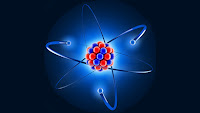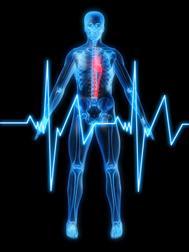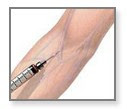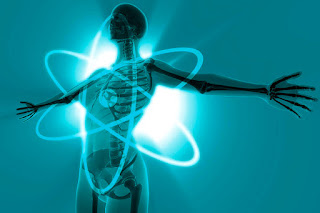 The nuclear medicine it has many utilities. Is it to detect many illness and many other things not just for diseases. According to http://carolinanuclear.com/que-es-la-medicina-nuclear-y-para-que-sirve/
The nuclear medicine it has many utilities. Is it to detect many illness and many other things not just for diseases. According to http://carolinanuclear.com/que-es-la-medicina-nuclear-y-para-que-sirve/
In the heart:
- Assess the damage to the heart after a heart attack.
- Evaluate treatment options, such as heart bypass surgery and angioplasty.
- Evaluate the results of revascularization procedures.
- Detect transplanted heart rejection.
- Evaluate heart function before and after chemotherapy.
In the lungs:
- Explore the lungs for possible respiratory or blood circulation problems.
- Assess differential reduction lung function or lung transplant surgery.
- detect lung transplant rejection.
In bones, examine bone fractures, infections, and arthritis and many other things.
 In brain, evaluate abnormalities in the brain, such as seizures, memory loss and abnormalities in blood flow; also detect the early onset of neurological disorders such as Alzheimer's disease, among others detection.
In brain, evaluate abnormalities in the brain, such as seizures, memory loss and abnormalities in blood flow; also detect the early onset of neurological disorders such as Alzheimer's disease, among others detection.
Other of it functions are identify inflammation or abnormal function of the gallbladder, identify bleeding in the intestine, assess fever of unknown origin, locate the presence of infection, etc.
 The nuclear medicine gives us many helps, are more that the disadvantages. In general helps us in many ways to preserve our health and can help us to detect the diseases on time before that we cannot do anything.
The nuclear medicine gives us many helps, are more that the disadvantages. In general helps us in many ways to preserve our health and can help us to detect the diseases on time before that we cannot do anything. 












